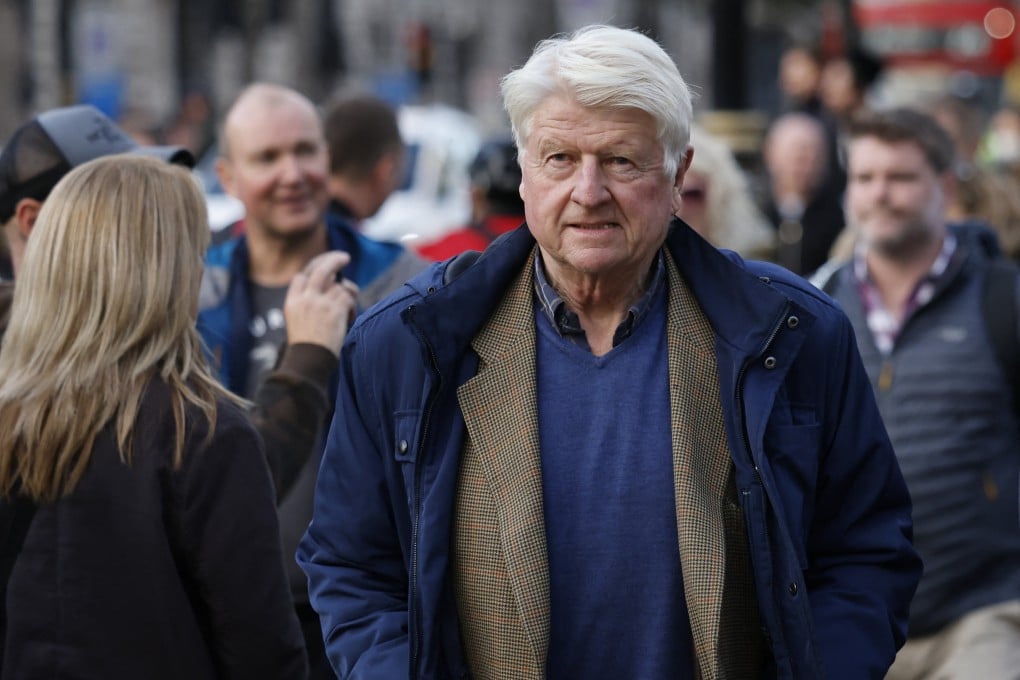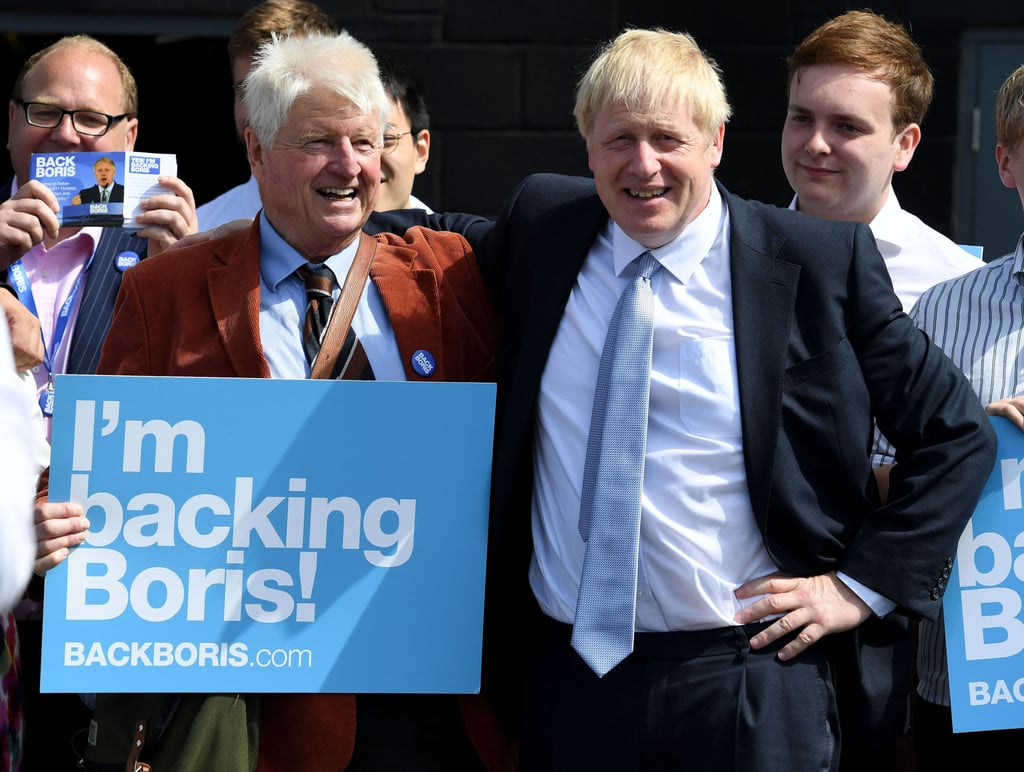Boris Johnson’s father vows to make film in Xinjiang, ‘undeterred’ by UN report,
- Stanley Johnson, an author and journalist, had been in China to start a documentary series endorsed by Beijing, but left because Covid-19 protocols made travel difficult
- He plans to resume the project in the spring and dismisses human rights concerns about the region

As former British prime minister Boris Johnson was clearing his desk at 10 Downing Street on Monday, his father Stanley was packing his own bags to flee a coronavirus lockdown in Chengdu, China.
But the elder Johnson has vowed to return to complete a controversial, Chinese government-endorsed film project that will include travels in Xinjiang, saying he “does not feel deterred” by a damning United Nations report that said Beijing may have committed crimes against humanity in the region.
Stanley Johnson, an author and journalist, had planned to spent six to eight weeks travelling eastward from Kashgar in Xinjiang toward the ancient site of Xanadu in modern-day Inner Mongolia.
The project was supposed to deliver a series of hour-long documentaries and one feature film tracing the Marco Polo trail. It enjoyed the “moral and logistical” support of the Chinese government, Johnson said.

But the organisers pulled the plug due to travel complications arising from China’s zero-Covid strategy, which has made it impossible to move freely around the country.